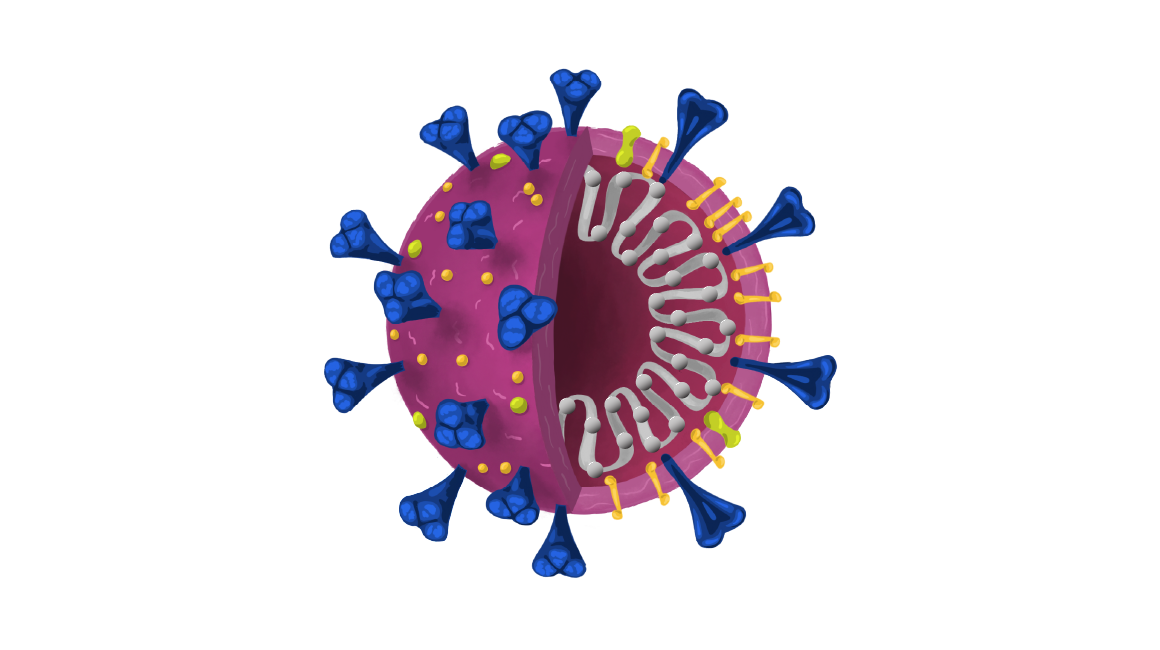Østergaard D, Madsen MD, Cedergreen P, Mikkelsen KL, Treschow FP, Nielsen J. Anaesthesia teams´ perception of mental wellbeing, the psychosocial work environment and patient safety culture. Acta Anaesthesiol Scand. 2025;69(2):e14569.
Keywords: mental health; occupational stress; professional burnout; psychological stress.
Abstract
Background: Mental health issues among healthcare professionals (HCPs) are rising, impacting individual wellbeing, healthcare systems, and patient safety. This exploratory study aimed to analyse the association between anaesthesia teams' perception of their mental wellbeing, psychosocial work environment, and patient safety culture in a university hospital's anaesthesiology department. Second, to identify types of stressors and strategies to overcome them. Third, to explore differences in perception by profession, gender, and years of experience. Finally, to evaluate the psychometric properties of the questionnaire.
Methods: A questionnaire covering mental wellbeing, teamwork, psychosocial work environment, and patient safety culture was sent to all HCPs in the department in May 2021 via e-mail. The questionnaire consisted of 35 questions, 4 demographic questions, and 2 open text fields.
Results: 293 HCPs responded (73% response rate); 60% agreed their work is emotionally challenging, and 30% experienced weekly emotional strain. Significant differences were seen between professions in terms of stressors. Clinical situations contributed most to doctors' emotional strain, while nurses scored higher on making compromises and being busy. A strong relationship was seen between weekly/daily emotional strain and making compromises in standards, clinical situations, and busyness.
Conclusion: In conclusion, all HCPs experienced emotional strain, with different causes and coping strategies across professions. Support was primarily found among colleagues and networks. Interestingly, low emotional strain correlated positively with coping, teamwork, psychological safety, and patient safety culture, suggesting an interrelation between these dimensions and HCPs' mental health. These findings may inform future conceptualisations of mental health, psychological safety, and safety culture.

 Looking for clinical resources and information related to COVID-19? Visit the COVID-19 guide.
Looking for clinical resources and information related to COVID-19? Visit the COVID-19 guide.
 Handing Over: Reflections and Advice for Young Doctors by
Handing Over: Reflections and Advice for Young Doctors by  Got big ideas for this ANZCA resource guide? Why not become our advocate? Highlight valuable resources for college fellows and trainees while earning CPD hours!
Got big ideas for this ANZCA resource guide? Why not become our advocate? Highlight valuable resources for college fellows and trainees while earning CPD hours! Contact ANZCA Library for more info: library@anzca.edu.au
Contact ANZCA Library for more info: library@anzca.edu.au Looking for resources on critical incident debriefing or supporting a colleague in distress: See the Critical incident debriefing toolkit
Looking for resources on critical incident debriefing or supporting a colleague in distress: See the Critical incident debriefing toolkit For more information about this Special Interest Group (SIG), including events, activities, resources and membership, please visit the Wellbeing SIG webpage on the ANZCA website.
For more information about this Special Interest Group (SIG), including events, activities, resources and membership, please visit the Wellbeing SIG webpage on the ANZCA website.